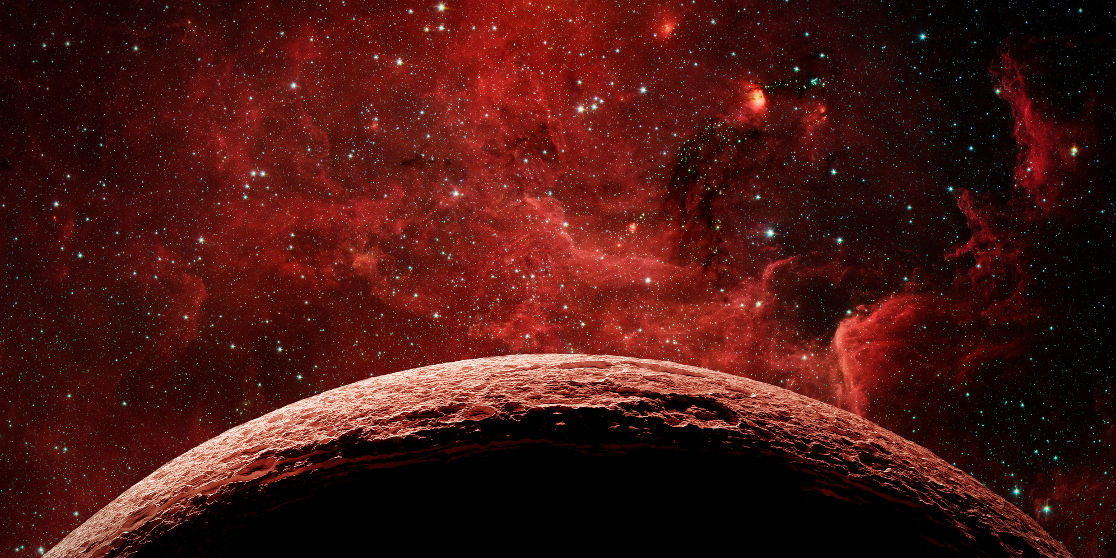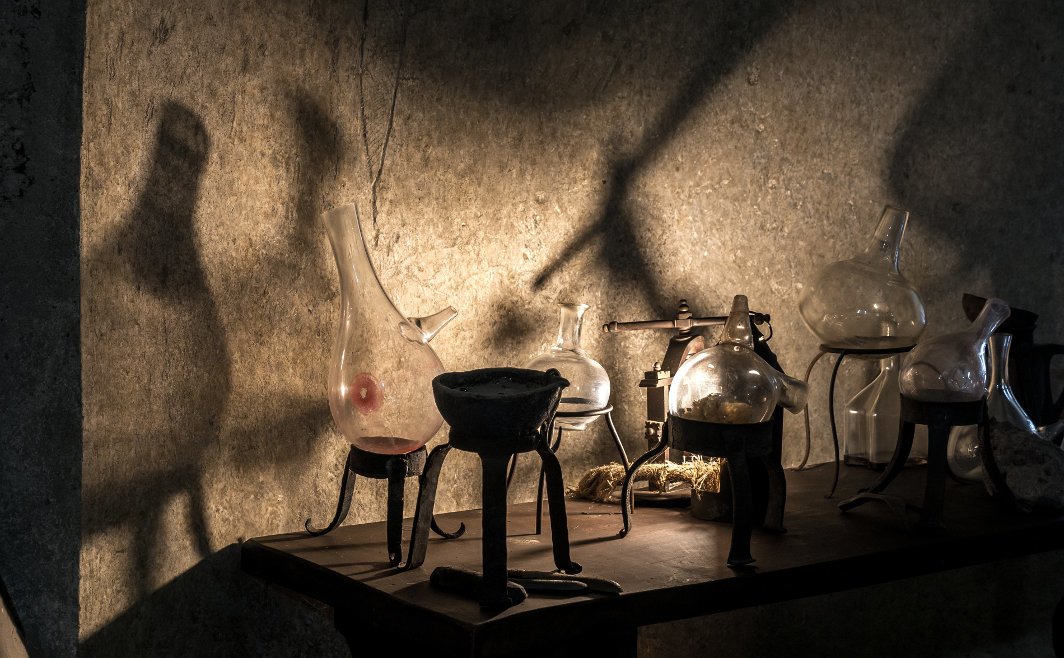The Day Earth Disappeared

Click here to find out where you can read my books!
I was five the day the Earth disappeared. My father had gathered us together beneath a late night moon, and when he had our attention, he said:
“The Earth is no longer safe for us. We have to go.”
“What?” I was devastated. I had friends. I went to a good school. I’d just started to settle into my new life as a human, and now he was telling us we had to go.
“I’m sorry,” my father continued. “If there was any other way…” He trailed off, gazed toward the star-encrusted sky. “Perhaps the next world will be more accommodating.”
I opened my mouth to protest, but my father had already uttered the sacred words, and any further argument was quashed by the surging, hurricane-strength wind that swallowed the world and cast us into darkness.
Through stars and empty space we tumbled. Time stood still, and our souls, once more without shape or form, slipped and slid from one part of the universe to the next, drawn by an unseen gravity toward whichever world would become our new home.
“I hate you!”
Now, as an adult, I understand that my father was looking out for us. But my five-year-old self couldn’t comprehend the brutality of the situation, and as far as I was concerned, it was all his fault.
“I’m doing this to protect you,” he said.
“No,” I replied. “You’re doing this because you don’t want us to be happy. I hate you. I wish you were dead.”
I felt the collective gasp of my mother and sister beside me, but I stood my ground. In that moment, I believed all the worst things about my father, and I hated him as much as any other child who ever hated his parents for taking something of value away.
I thought he would argue, that he would threaten me for talking back. Instead, he gazed upon my undefined features with such love and commiseration that the raging fire within me began to cool.
“I’m sorry,” he said, and the sincerity and conviction in his voice reduced me to silence.
I brooded the rest of the journey. Love and hate waged a bitter, violent war in my heart, and I couldn’t bare to look at any member of my family.
Then our new world came into focus. There was the sensation of stretching as we passed through the cosmic veil—like a thin, rubbery membrane that wrapped itself around our souls. Thought and will coalesced into flesh and blood once more, and when I opened my three new eyes onto a bright, vermillion sky, I broke down at last.
“I’m sorry,” I bawled. I reached for my father, who was lying on the ground beside us, and let him take me into his thick, alien arms. “I’m sorry, Daddy.”
“I know,” he whispered. “I’m sorry, too. We’ll find peace and happiness soon, son. I promise.”
I nodded, face wet with tears and snot, and got to my feet so we could behold the unfamiliar landscape together.
“I love you, Daddy.”
“I love you, too.”
Click here to find out where you can read my books!
Enter your email address and click "Submit" to subscribe and receive The Sign.
